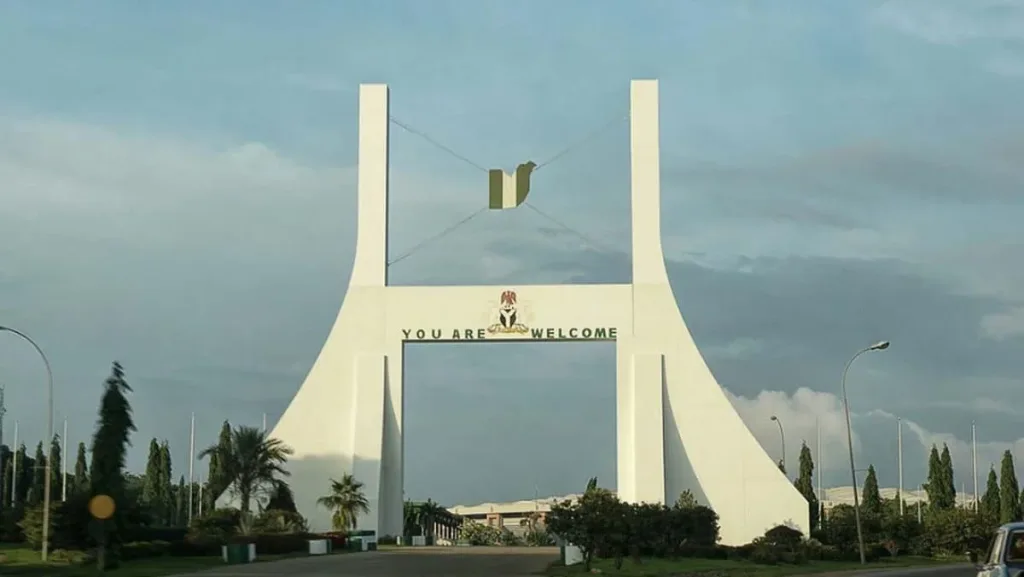Abuja has dethroned Lagos as Nigeria’s leading hub for foreign investment during the first quarter of 2025, according to new government data. The shift comes alongside a sharp rise in capital inflows into Africa’s largest economy, signaling renewed international confidence in the country’s financial landscape.
Nigeria attracted $5.6 billion in foreign investments during this period—a 67.12% year-on-year surge from the $3.4 billion recorded in the first quarter of 2024, per the National Bureau of Statistics (NBS). The latest figures also mark a 10.86% increase from the $5.1 billion reported in the final quarter of last year. Portfolio investments dominated the inflows, contributing $5.2 billion (92.25%), while other investments accounted for $311.17 million (5.52%).
The Federal Capital Territory (FCT), home to Abuja, secured over half of these investments at $3.05 billion (54.11%), edging out Lagos, which received $2.56 billion (45.44%). The two regions collectively absorbed 99.55% of total capital inflows, dwarfing contributions from Ogun, Oyo, and Kaduna states, which attracted a combined $19.82 million. Analysts note this concentration underscores ongoing disparities in economic development across Nigeria’s regions.
“Quarterly data reflects improved investor appetite for Nigerian assets, particularly in equities and bonds,” the NBS stated, attributing the growth to recent market reforms and stabilizing macroeconomic indicators. The bureau’s report highlights a steady upward trajectory since 2024, with year-end capital importation rising 50.7% from $3.37 billion in Q1 2024 to $5.08 billion by Q4.
While Abuja’s emergence as the top destination marks a departure from Lagos’s historical dominance, experts suggest the capital’s regulatory institutions and infrastructure projects may be driving its appeal. Lagos, Nigeria’s commercial hub, continues to attract significant inflows, particularly in sectors like tech and manufacturing. However, smaller states lag far behind, raising questions about broader economic inclusivity.
The data arrives amid efforts by Nigerian authorities to diversify foreign investment sources and boost non-oil sectors. Stakeholders will likely monitor whether this growth sustains through 2025, particularly as global economic uncertainties persist. For now, the figures offer a cautiously optimistic snapshot of Nigeria’s evolving investment landscape.
